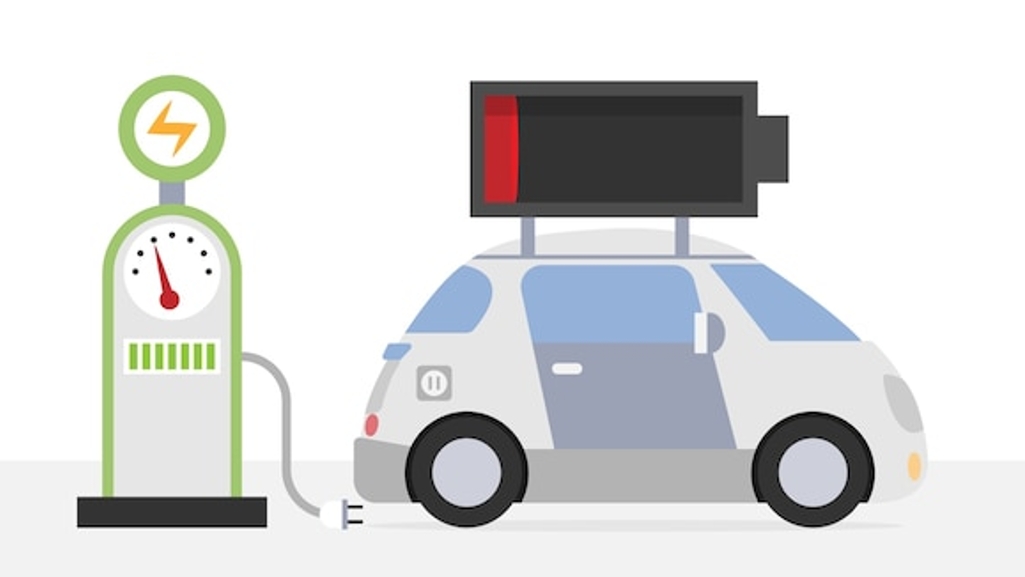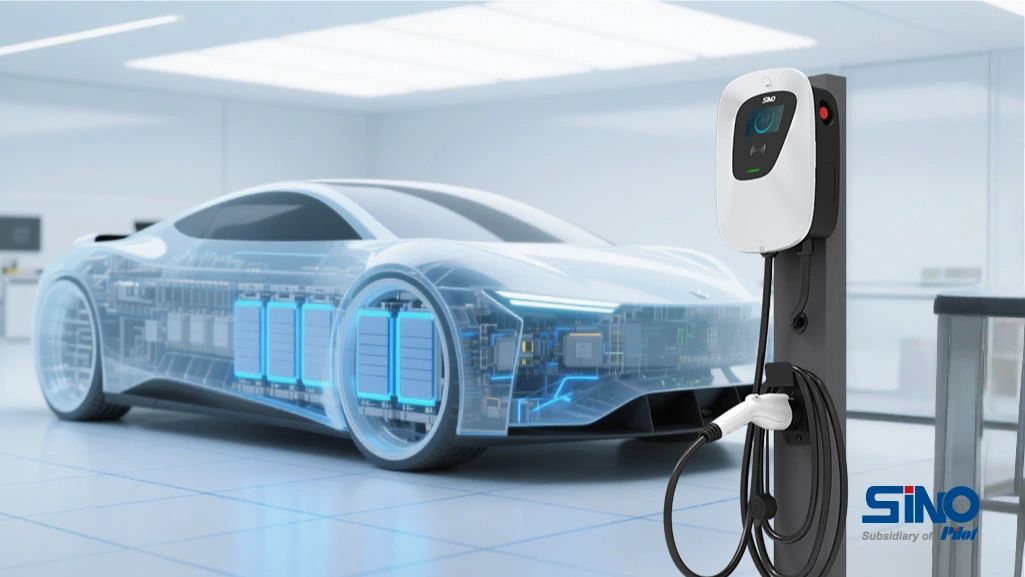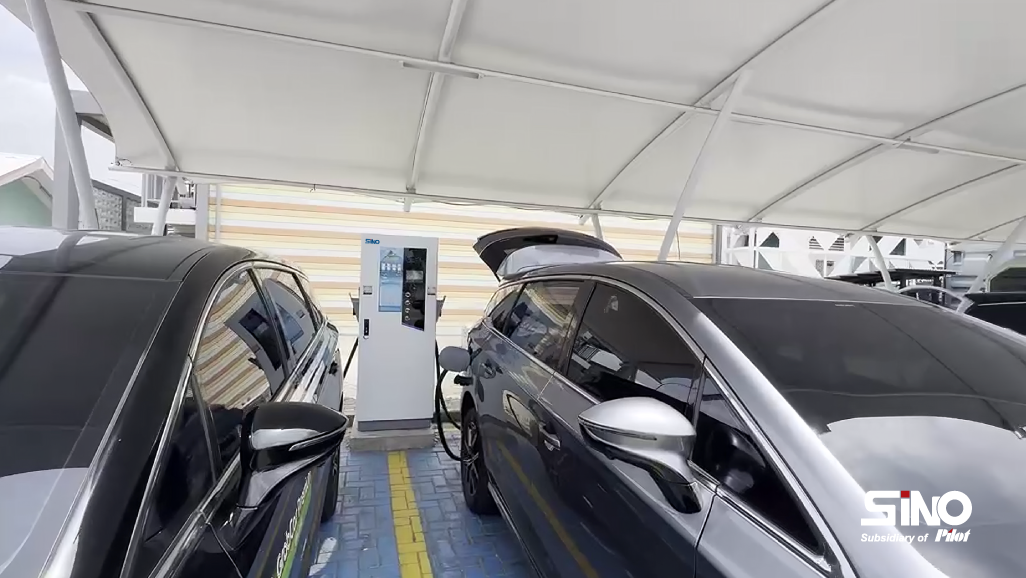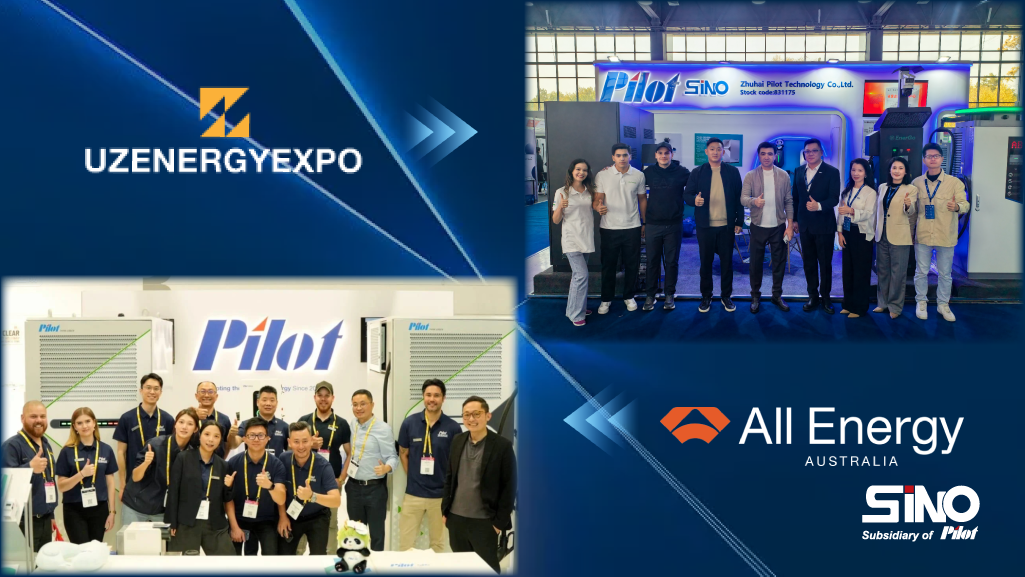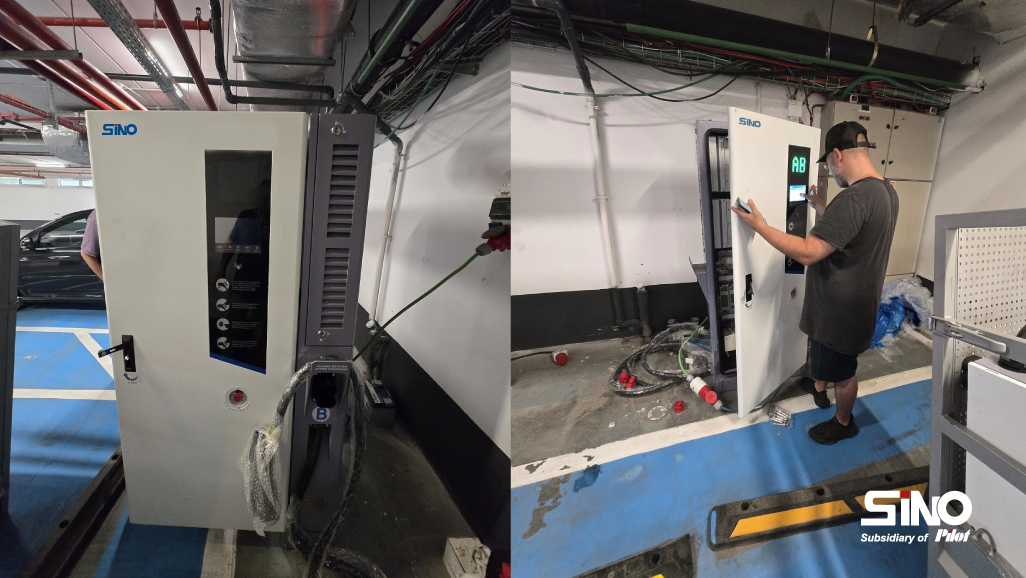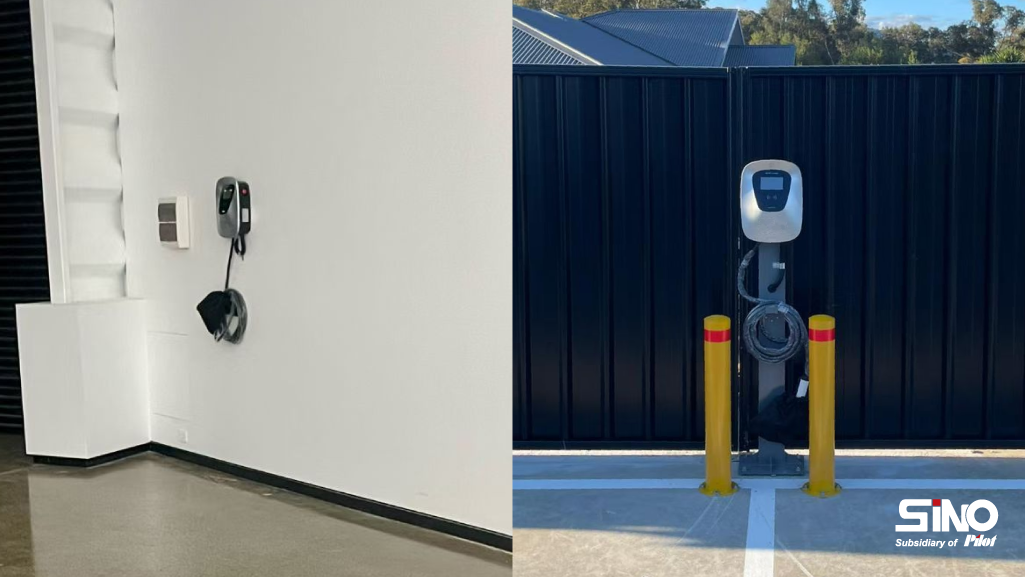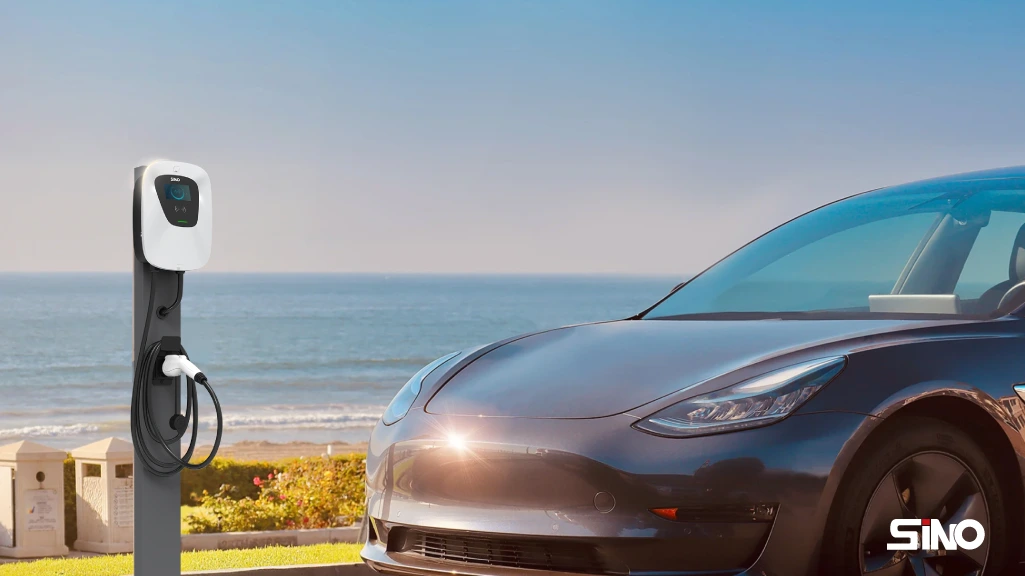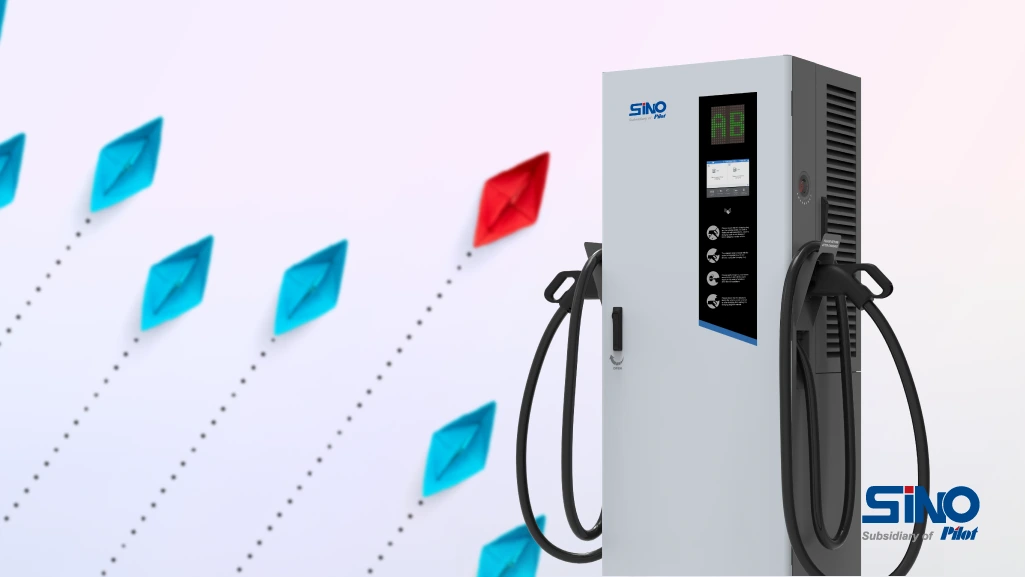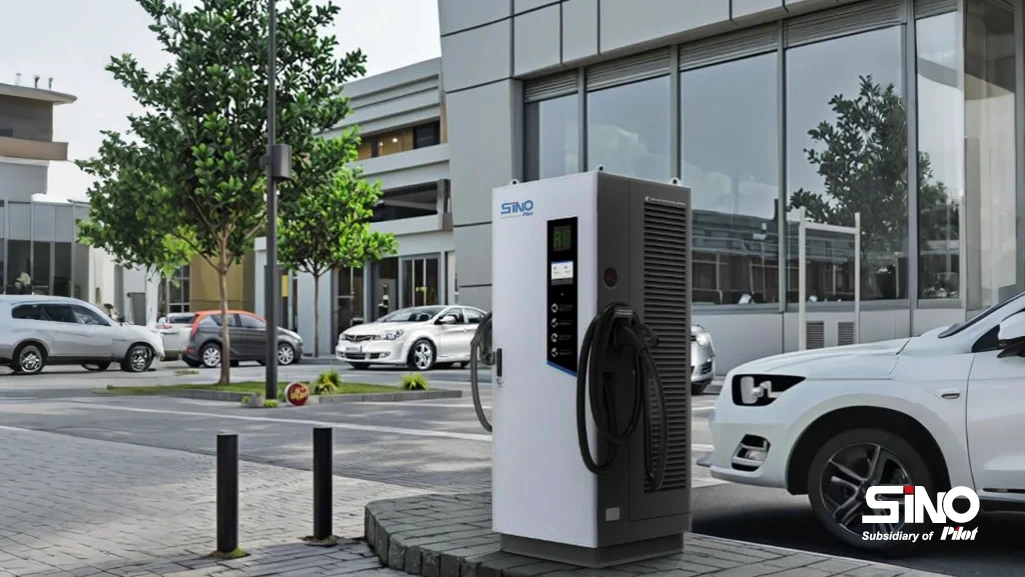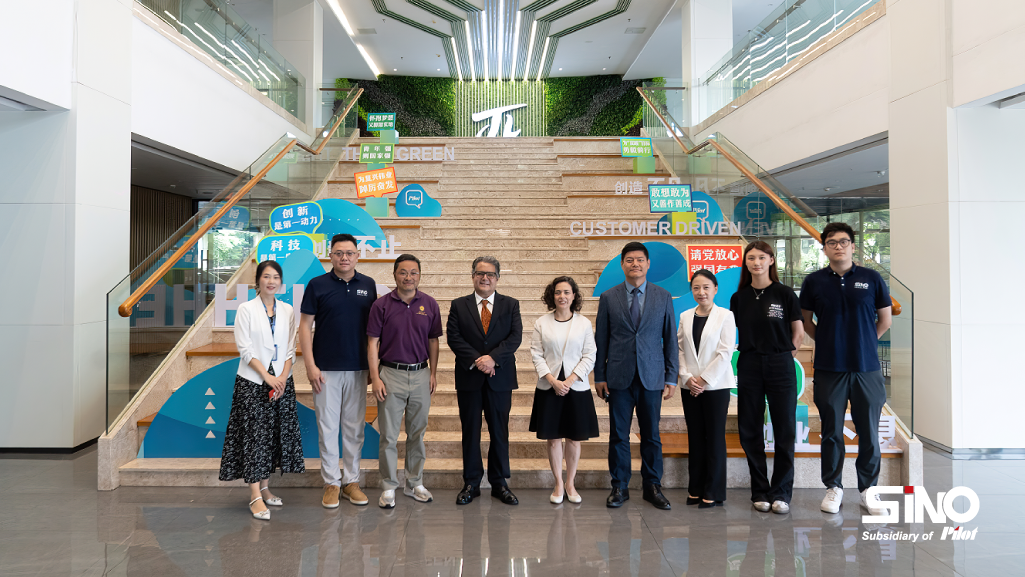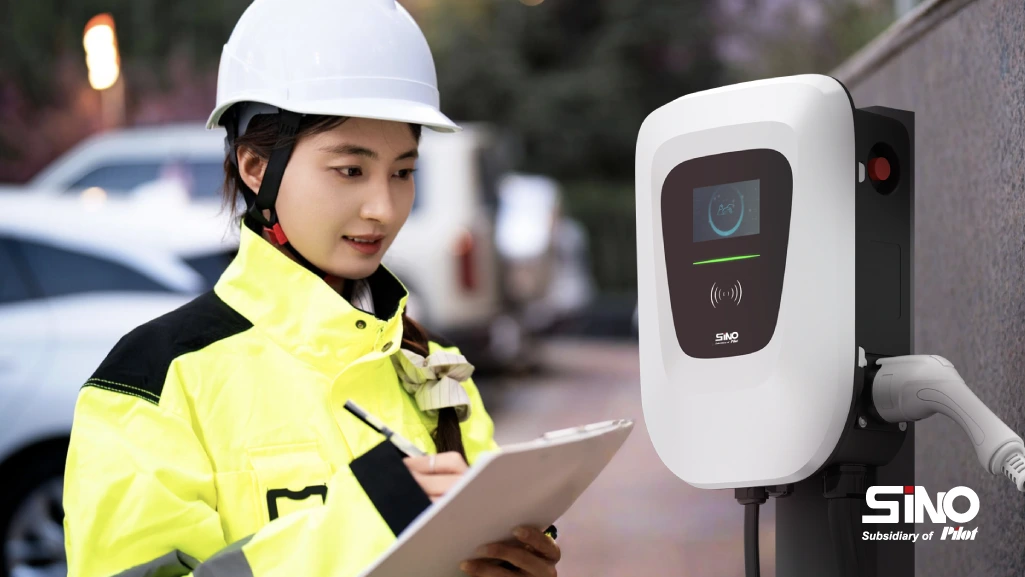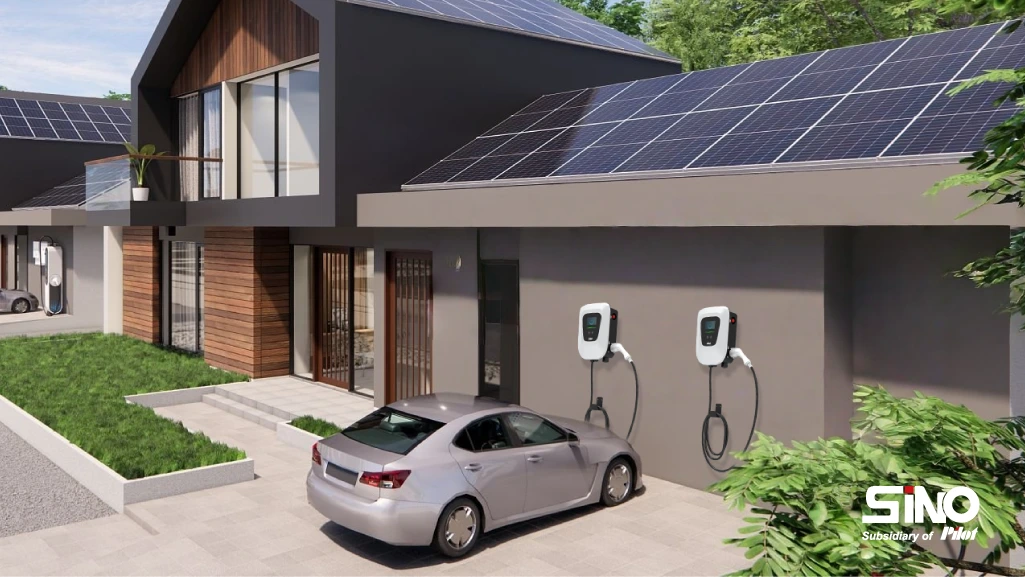Electric vehicles are setting a new dimension in traveling with efficiency and sustainability. However, one frustration that most electric vehicle owners have to deal with is the charging speed, which is usually slower than expected. Whether you’re using a standard home charger or a high-powered 350kW ultra-fast charger, the actual charging rate can vary for several reasons. In this guide, we will be looking at the reasons behind this issue, providing practical tips to optimize charging, and debunking common misconceptions.
Understanding EV Charging Speed: What Affects It?
Your EV will charge as fast or slow based on several factors. Being knowledgeable about these can help you make educated choices and avoid unfounded fears.
The Role of Charging Infrastructure in EV Speed
Not all chargers are created alike. To wit, charging stations come in different power output capacities:
- Level 2 Chargers: Typically range from 7-22kW, suitable for home or workplace charging.
- DC Fast Chargers: Provide 50-350kW, ideal for quick stops during long drives.
However, even if you connect to a high-power charger, your EV will only draw what its system allows. Compatibility between the charger and your car plays a critical role.
To find the best equipment for your needs, explore top-rated EV charger manufacturers to ensure compatibility and performance.
The Impact of Battery Technology on Charging Speed
The type of battery your EV uses also affects charging speed. Most EVs operate on:
- 400V Systems: Common in many EVs, allowing charging speeds up to 200kW.
- 800V Systems: Some of the latest, high-end EVs have this system, which can utilize ultra-fast chargers at their full capacity.
Your car’s battery chemistry, its size, and the voltage system determine how much power it can draw.
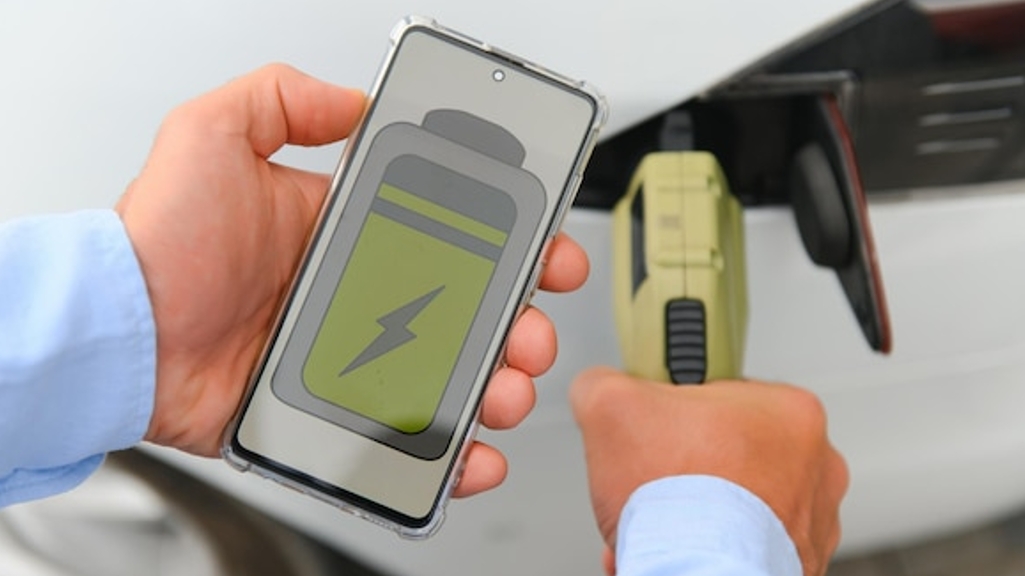
Why is My Electric Car Charging Slowly? Common Causes
If your EV is not charging at the expected speed, here are some of the common reasons:
Battery Temperature
The lithium-ion batteries work optimally within a temperature range of 20-25°C.
- Cold Weather: Slows down chemical reactions, reducing charging efficiency.
- Hot Weather: Triggers safety mechanisms to prevent overheating, limiting charge speed.
Pre-conditioning your battery can help mitigate these effects.
State of Charge (SOC)
EVs charge faster at lower battery levels and slower as they approach full capacity. This charging curve is designed to protect the battery and extend its lifespan. For instance:
- Charging from 20% to 80% is typically faster.
- Above 80%, the rate of charge significantly slows down to prevent overcharging.
Power Grid Limitations
When many vehicles are charging at the same time, the available power might be shared among all chargers. Grid congestion or lower supply in your area can further lower the charging speed at public stations.
To better manage charging patterns and loads, advanced EV charger management software can streamline efficiency for operators and users.
Tips: How to Increase EV Charging Speed
Here’s how you can enhance your EV’s charging efficiency:
Preconditioning Your EV
Many EVs have preconditioning in which the battery is heated or cooled to its optimal temperature before charging. This can be done through your car’s app or GPS navigation and can significantly expedite the process.
Charging Your EV in Optimal Conditions
To achieve faster charging:
- Avoid charging your car in very high or low temperatures.
- Start charging your car when the state of charge is low, for instance, 20%.
For those charging at home, home charging solutions can offer convenient and efficient options tailored to your vehicle’s requirements.
Upgrade Your Charging Setup
For home charging:
- Invest in a Level 2 AC EV charger if you’re still using a standard Level 1 outlet.
- Ensure your charger’s capacity matches your EV’s maximum charging rate.
For public charging:
- Use chargers that align with your car’s voltage system to maximize compatibility.
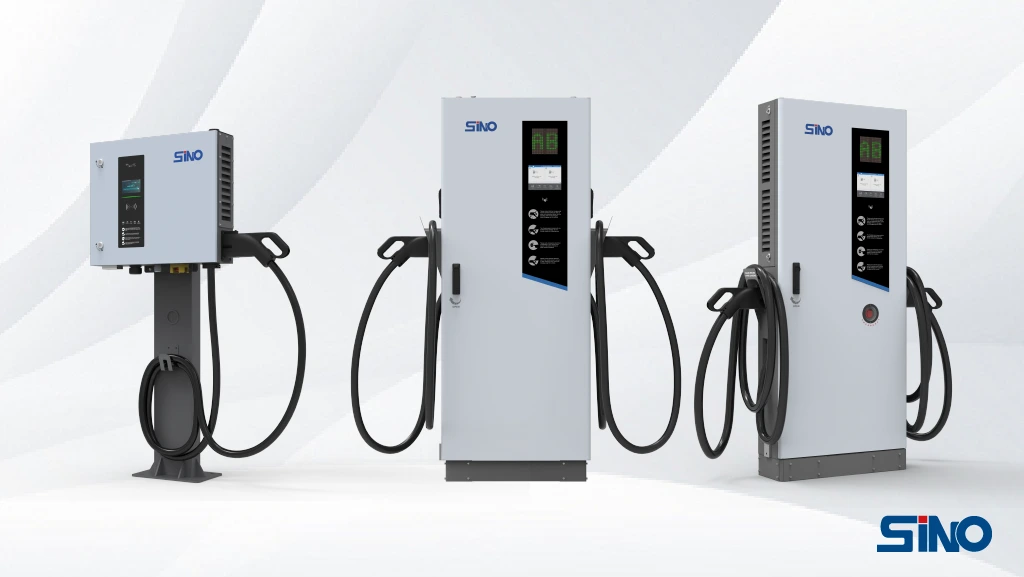
Common Misconceptions About EV Charging Speeds
Myth: A 350kW Charger Will Always Charge My Car at 350kW
Charging speed depends not only on the charger’s capacity but also on your EV’s limitations. For example:
- If your EV can only accept up to 200kW, then it won’t charge any faster on a 350kW charger.
- Environmental factors and the state of charge of the battery can further affect speed.
Understanding these subtleties will help in setting realistic expectations.
Troubleshooting: What To Do If Your EV Isn’t Charging at Full Speed
If your EV always seems to charge more slowly than it should, here’s how to troubleshoot:
Diagnosing Charger Issues
- Check the Connections: Ensure that the charger and the cable are properly connected.
- Check Charger Specifications: Make sure that the charger is suitable for your vehicle.
- Test Compatibility: Try charging another EV or using a different charger to isolate the issue.
Contact Your Charging Provider or Manufacturer
If problems persist, reach out to your charging provider or vehicle manufacturer. They can:
- Perform remote diagnostics to identify faults.
- Offer guidance on optimizing your charging setup.
Conclusion
The charging speed is determined by a variety of vehicle, charger, and environmental factors. Learning about these variables and using best practices can help optimize your charging experience. Keep in mind that slower charging isn’t always a bad thing; it can help prolong the life of your battery. If issues persist, seek professional help to make sure your EV runs with the best efficiency.
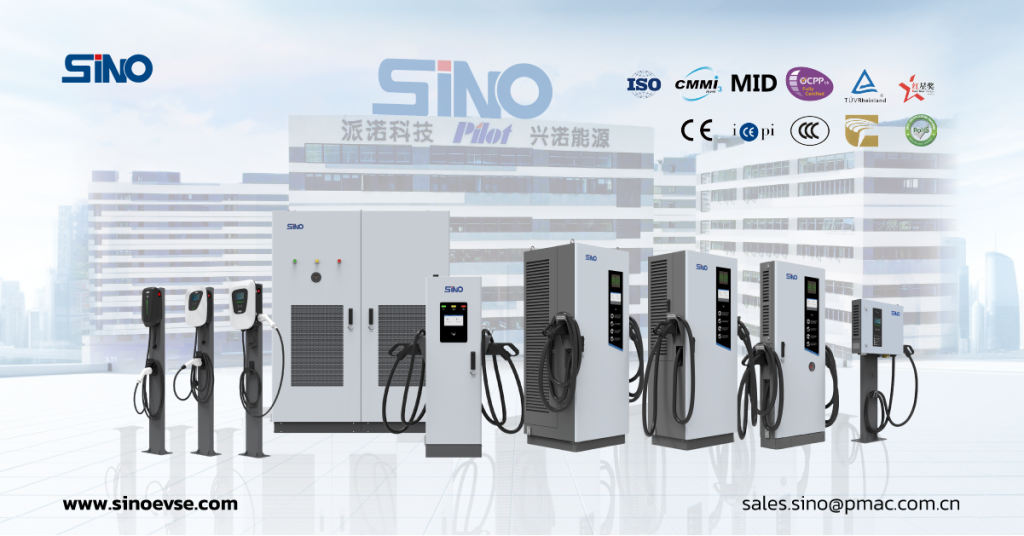
FAQs
1. Why is my electric car charging slowly even at a fast charger?
The speed of charging depends on many factors, such as battery temperature, state of charge, and the compatibility between your electric vehicle and the charger.
2. How can I speed up the charging process for my electric vehicle?
Preconditioning your EV, charging under optimal conditions, and using the right charger to fit the capabilities of your vehicle.
3. Does the Temperature Affect My Electric Vehicle Charging Speed?
Yes, cold or hot temperatures can reduce charging efficiency because of the adjustment made by the battery management system to protect the battery.
4. Is it normal for my EV to charge slower when the battery is nearly full?
Yes, charging slows down after 80% to prevent overcharging and maintain battery health.
5. What is the best time to charge my electric vehicle for faster results?
Charge your battery when it is at a lower state of charge and in moderate environmental conditions for the best efficiency.
Our Social
Facebook: www.facebook.com/sinoevc
Instagram: www.instagram.com/sinoevc
Linkedin: www.linkedin.com/company/sinoevse
Youtube: www.youtube.com/@sinoevc
Twitter: www.twitter.com/sinoevc

“Charging for A Better Life”
—Zhuhai Sino Energy Technology Co.,Ltd.



